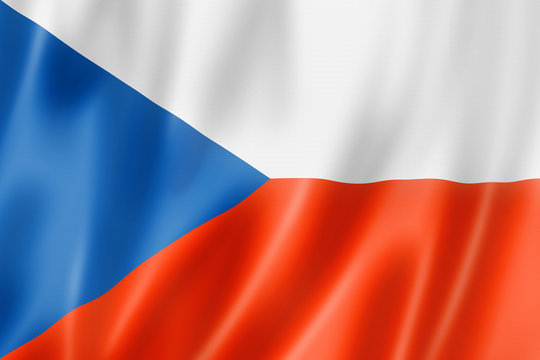Expatriates moving to Bulgaria with kids need to learn about the country’s school system in order to feel at home. There are public, private, and foreign schools in Bulgaria. The state supports education as a basic right. The system may be different from what many expatriates are accustomed to. But Bulgaria is getting closer to meeting European Union standards, and families have a number of good alternatives for making sure their kids get a good education.

How the Bulgarian school system works
There are many levels in the Bulgarian education system. Children from three to six may go to preschool, but it becomes mandatory when they turn five. At age seven, kids start primary school. After that, they go to lower secondary school (grades 5 to 7) and then upper secondary school (grades 8 to 12). Kids must go to school until they are 16. The school year usually begins in the middle of September and concludes around the end of June, with breaks in between.
There is free public education that is easy to go to, however the language of teaching is Bulgarian. Expat families planning long-term stays in Bulgaria may benefit from enrolling their children in public schools, especially younger kids who quickly pick up new languages and adapt to local culture. However, older kids who don’t speak Bulgarian well may find it harder to go about because of the language barrier.
Choices for international and private schools
Expat families in big cities like Sofia, Plovdiv, and Varna commonly choose private or international schools that teach in English or other languages. These schools commonly use the British, American, German, or French education systems and often give out globally recognised diplomas like the International Baccalaureate (IB), A-Levels, or the American High School Diploma. These schools have a recognisable academic framework and make it easier for international kids to fit in, but they also cost a lot more to attend.
There are also private Bulgarian schools that may provide multilingual programs. Families that want a blend of local integration and international teaching standards may find these schools to be a good halfway ground. They are cheaper than international schools. Parents should visit schools and talk to officials to determine the best match for their kids since admission procedures and expenses are different at each school.
More education and job opportunities for expats
More and more foreign students are going to Bulgaria to study at its well-known universities and other higher education institutes. Some colleges and universities offer degree programs in English, especially in sectors like business, IT, medical, and engineering. Some important schools include Sofia University, the American University in Bulgaria, and the Medical University of Varna. Compared to Western Europe, the cost of living and tuition for overseas students is rather inexpensive.
Bulgaria may be a good place for expat families with teens getting ready for college to go to school in Europe without breaking the bank. Also, graduates from Bulgarian institutions have degrees that are recognised all around the European Union, which makes it easier for them to move about and find work in the area.
Getting through the change
It may be hard for expat families to adjust to a new school, particularly when there are big disparities in language and culture. But Bulgaria has a growing population of expats, and many institutions are good at helping international pupils adjust. Parents may keep an eye on their child’s growth by being part in school activities and talking to teachers on a regular basis.
Learning the Bulgarian language may also help with the adjustment, both at school and in social situations. Some schools help non-native speakers learn other languages, and there are a lot of private tutors who charge affordable fees. Parents could also think about signing their kids up for sports, music, or language groups outside of school to help them fit in and make friends.
You can also view these posts;
Language barriers and language learning in Greece
Preparing for the immigration interview in Russia
Norway immigration quotas and caps – what you need to know

